India Election Insights — Clear, Data-Driven Election Coverage
Want quick, reliable takes on India's elections without the noise? India Election Insights brings plain-language analysis of parties, candidates and voting trends. We break complex data into visuals and short reads you can use before discussing politics or voting.
What you'll find
Daily news summaries, seat-by-seat trend maps, candidate profiles and expert explainers. Expect timely updates on controversies like recruitment scams, media framing of stories, border or civic issues that affect voters, and technology behind polling and data. Each post notes sources and key figures so you can check facts fast.
How we work
We combine official results, court rulings and media reports with simple charts and plain explanations. No jargon, no spin. If a story matters to voters—affecting turnout, fairness, or governance—we cover its impact and what to watch next. Subscribe to short alerts and use our category pages to find focused topics like news, media analysis, or tech in elections.
Have a tip or a local number to check? Send us details and we’ll look into it. We welcome reader corrections, guest pieces and data contributions from students, activists, and researchers. Together we make election coverage clearer every day and beyond.

Amelia Kerr Sold to Mumbai Indians for INR 3 Crore in WPL 2026 Auction, Becomes Top Overseas Buy
Amelia Kerr, the New Zealand all-rounder, was bought by Mumbai Indians for INR 3 crore in WPL 2026, becoming the highest-paid overseas player in league history — a move that reshapes women’s cricket’s financial landscape.
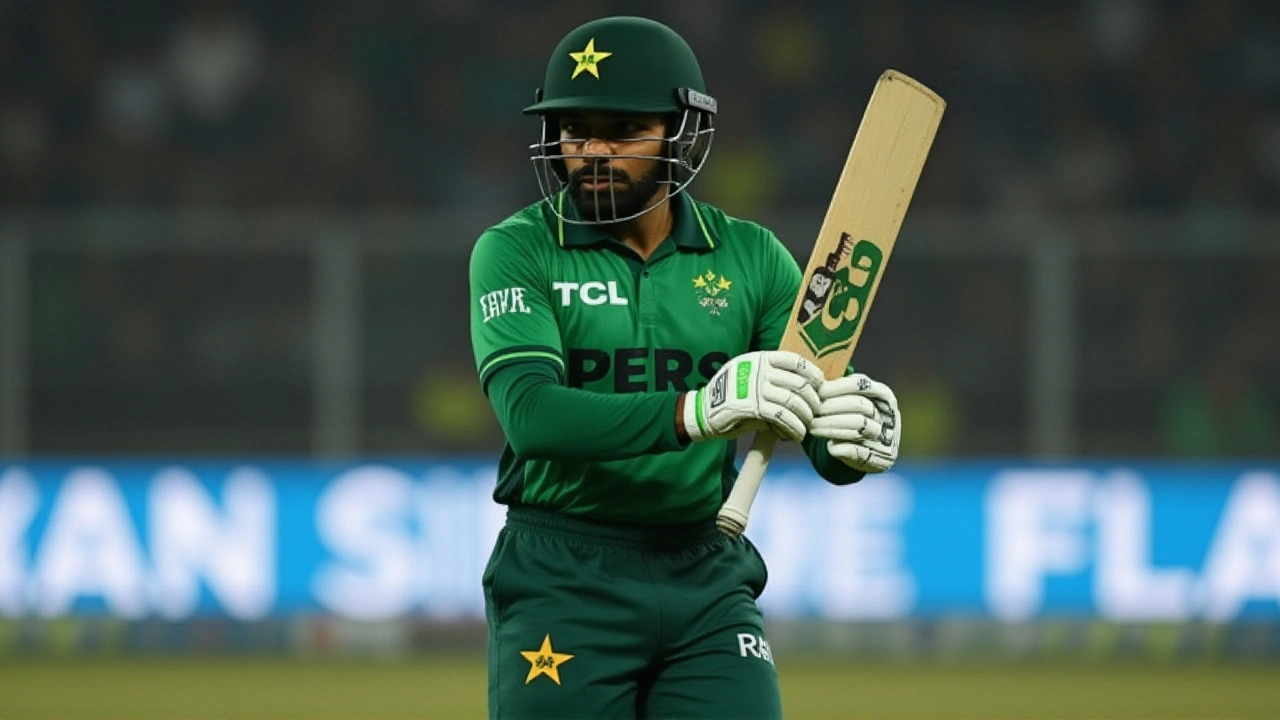
Babar Azam Hits Record 9 Ducks, Then Fires 74* to Lead Pakistan Past Zimbabwe
Babar Azam set a record with his 9th T20I duck against Zimbabwe but bounced back with a 74-run masterclass, tying Virat Kohli for most T20I half-centuries and leading Pakistan to a 69-run win.
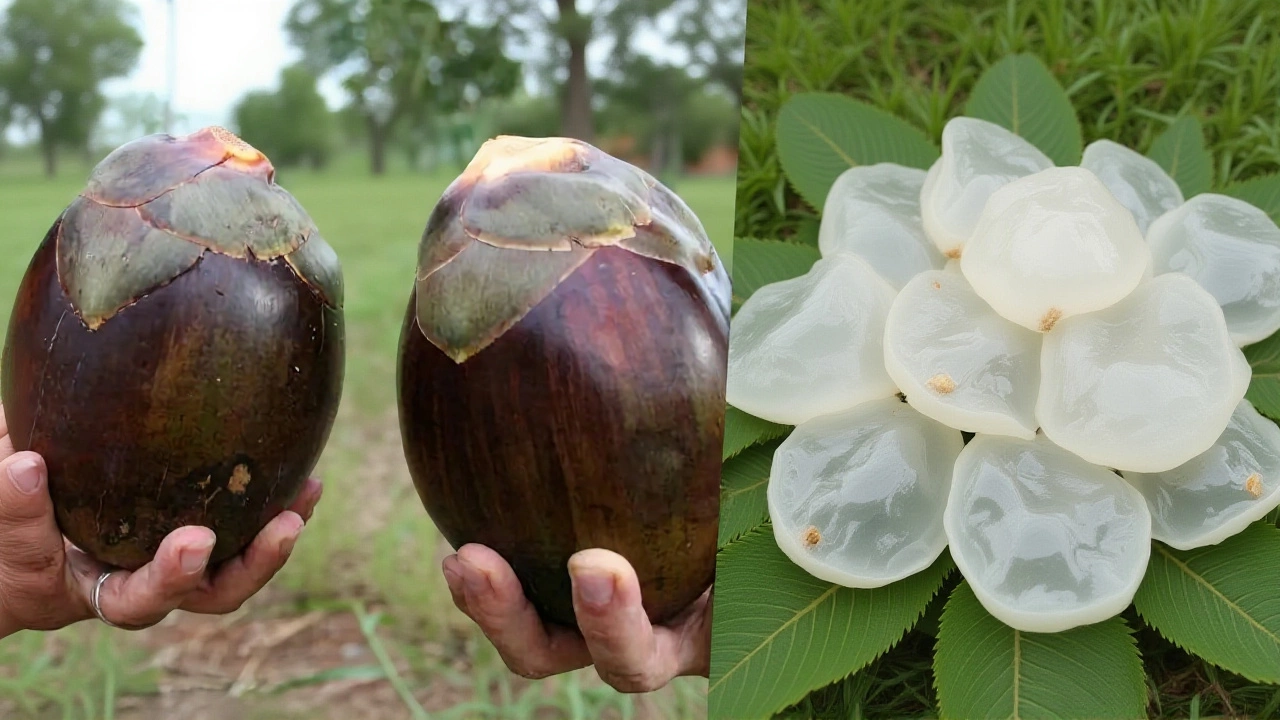
RRB NTPC UG Cut Off 2025 Released: Zone-Wise Marks Show Wide Disparities Across India
RRB NTPC UG Cut Off 2025 released on 21st November across regional zones, with cutoffs ranging from 55 to 82+ marks. Chandigarh saw the highest General cutoff at 82.27, while Bilaspur’s was 68.79 — exposing stark regional disparities in competition.
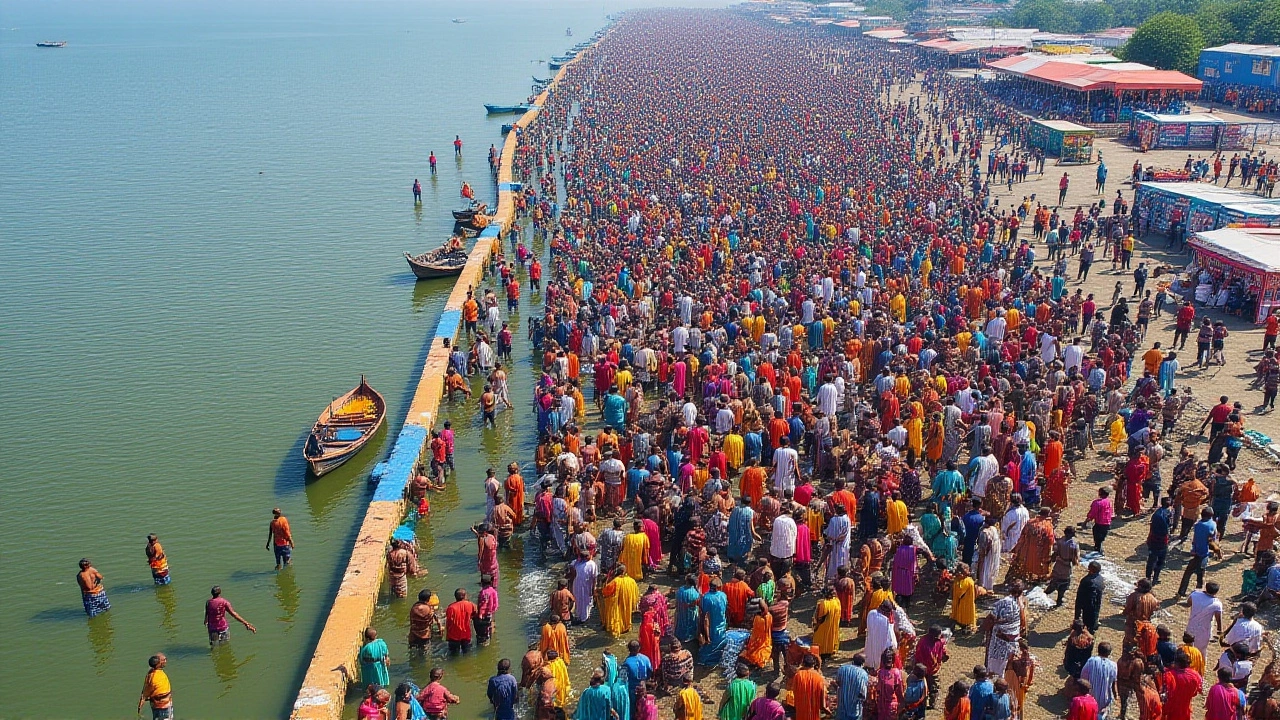
Mauni Amavasya 2025: Millions Gather at Prayagraj’s Triveni Sangam for Rare Kumbh Mela Ritual
On January 29, 2025, millions gather at Prayagraj’s Triveni Sangam for Mauni Amavasya — a rare convergence with the Maha Kumbh Mela. Silence, ancestral rites, and the Shahi Snan by Naga Sadhus mark a day of spiritual purification and cosmic alignment.
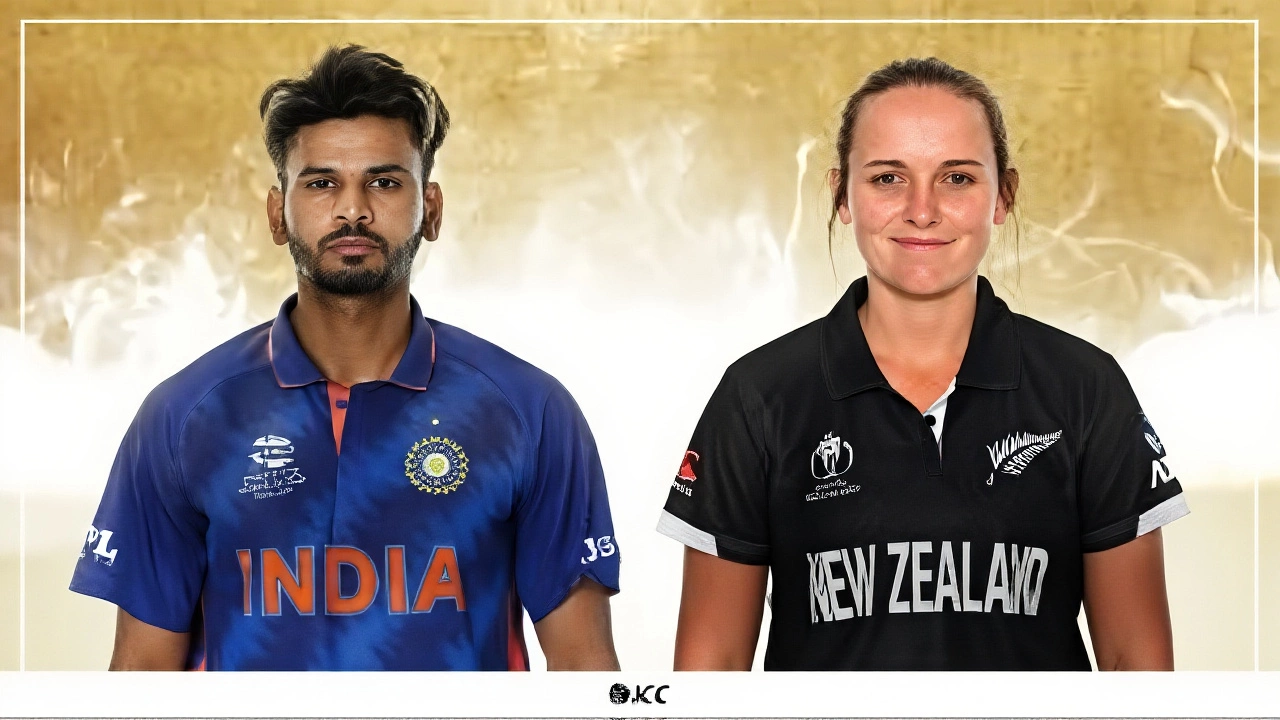
Shreyas Iyer and Amelia Kerr clinch ICC Player of the Month for February 2022
Shreyas Iyer and Amelia Kerr were named ICC Players of the Month for February 2022, recognizing their standout runs and all‑round performances in key series.
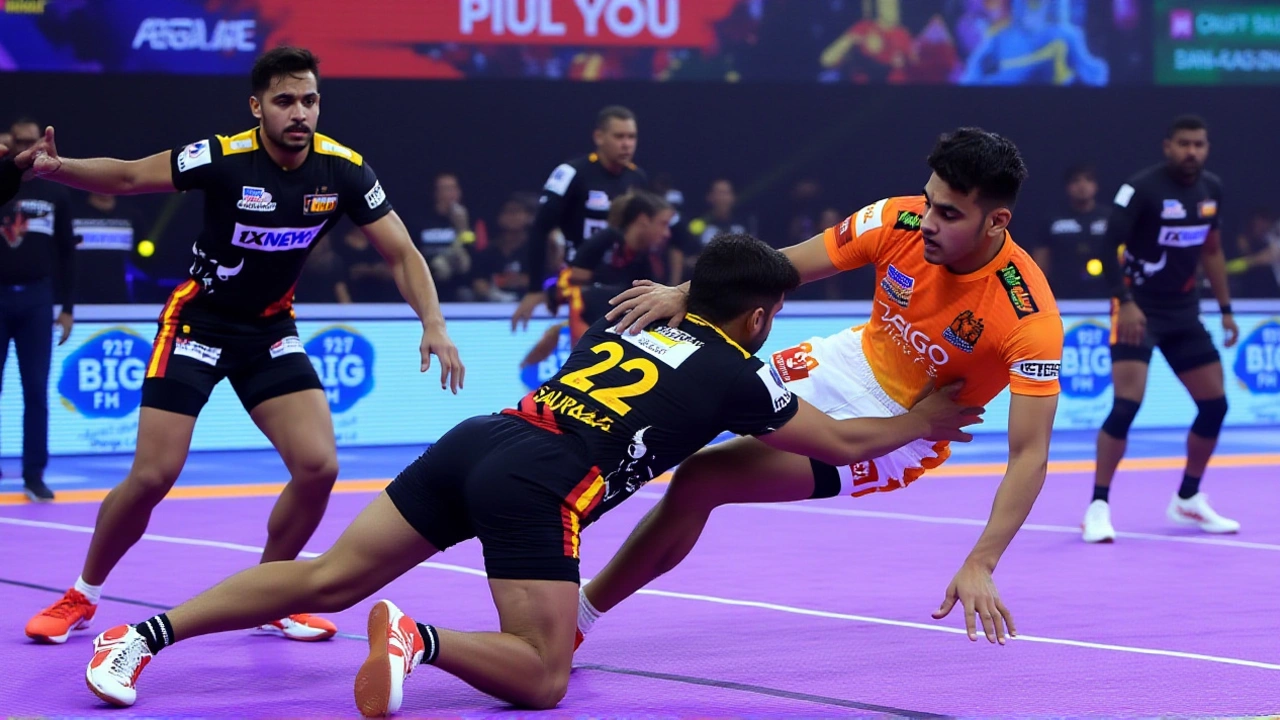
Season 12 of Pro Kabaddi League Kicks Off on National Sports Day
Pro Kabaddi League Season 12 launches on Aug 29, featuring 12 teams, defending champions Haryana Steelers, and playoff finals in Delhi on Oct 31.
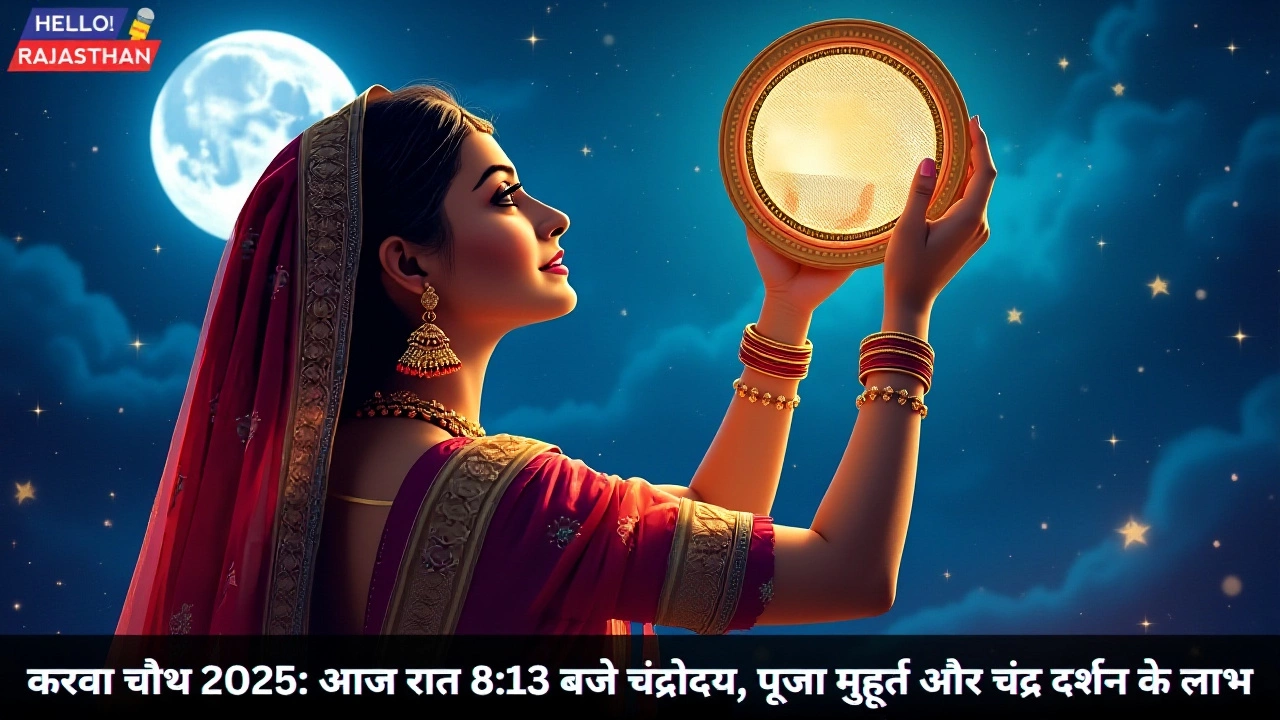
Karwa Chauth 2025: City‑Specific Puja Muhurat & Moonrise Times Revealed
Karwa Chauth 2025 saw married women fast from sunrise to moonrise across India, with city‑specific puja muhurats and moonrise times guiding the ritual.
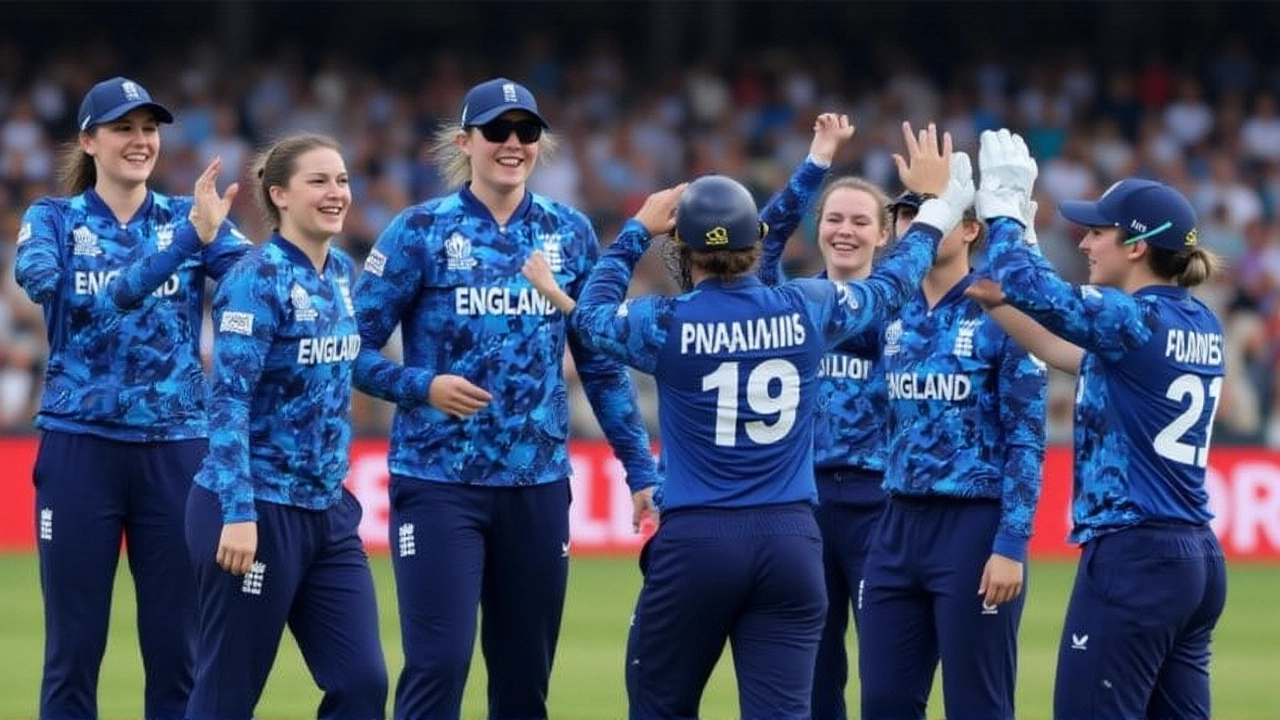
England Women crush South Africa by 10 wickets at Guwahati
England Women crushed South Africa by ten wickets at Guwahati, delivering a 73/0 chase in 14.1 overs. The win puts England on top of Group A in the 2025 World Cup.
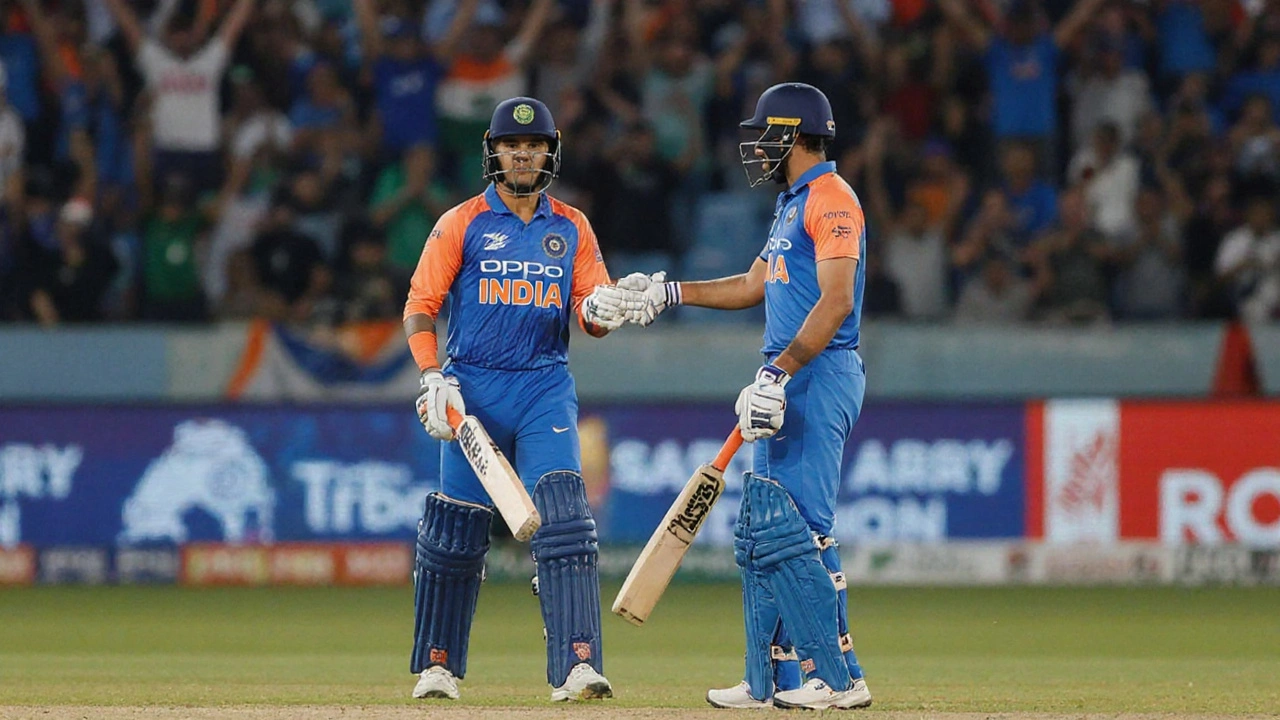
Asia Cup 2025 Final: India vs Pakistan Historic Showdown in Dubai
India and Pakistan will meet in the first ever Asia Cup final on September 28, 2025, at Dubai International Stadium. The match kicks off at 8 PM IST, with India unbeaten and Pakistan riding a narrow win over Bangladesh. Key stars from both sides are set to battle in front of a packed arena. Live TV coverage will be on Sony Sports Network, with streaming on Sony LIV and FanCode. Fans are urged to use public transport for the massive crowd expected.

Nothing Phone 3 leak points to true flagship: triple 50MP cameras, 100W charging
Big leaks suggest the Nothing Phone 3 is a full-on flagship: 6.7-inch 1.5K LTPO OLED, triple 50MP rear cameras with 3x periscope zoom, a 50MP selfie camera, Snapdragon 8s Gen 4, and a 5,150mAh battery with 100W wired charging. Wireless and reverse charging, eSIM, NFC, and an upgraded Glyph Matrix are on deck. Nothing OS 3.5 on Android 15 aims to add new UI tricks. US launch expected, but likely no Verizon support at first.